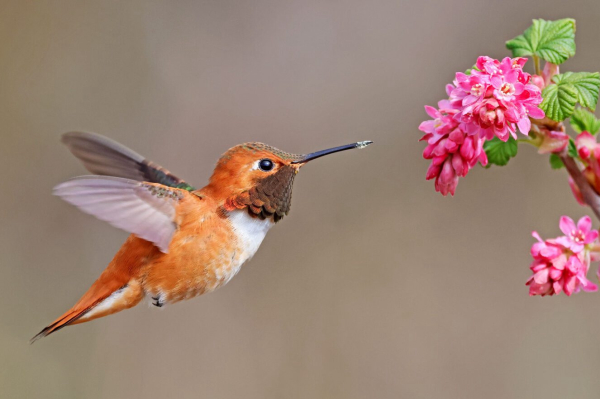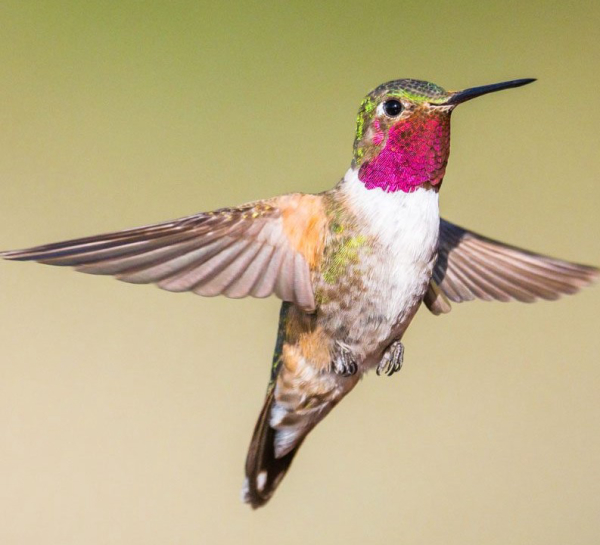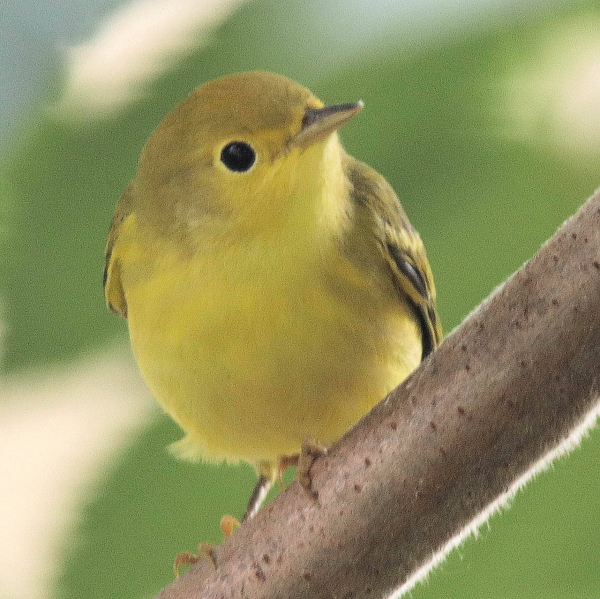DNR reminder: Put away bird feeders to prevent nuisance bear problems
Due to a recent increase in nuisance bear reports in the Upper Peninsula, the Department of Natural Resources today reminded residents that temporarily removing bird feeders and other food sources is the best way to remedy or prevent unwanted bear encounters in residential areas.
Food sources known to attract bears to residential yards include bird seed, hummingbird feeders, pet food, barbecue grills and trash cans. Once an easily accessible food source is discovered, bears will continue to return until the food is no longer available.
“The majority of complaints we receive about nuisance bears this time of year involve bird feeders or other man-made sources of food,” said DNR bear specialist Adam Bump. “The easiest thing people can do to avoid creating a problem is to temporarily store their birdfeeders or other bear attractants in a garage or shed, and only bring trashcans out as close to garbage pick-up time as possible.”
Once food items known to attract bears are removed, nuisance bears tend to move on — provided they haven’t become habituated to those man-made food sources.
Bears that do become habituated to man-made food sources can create unsafe situations in residential areas if they continually visit the area and begin destroying private property in search of food. Habituated bears are also at a higher risk of being euthanized if they won’t leave the area and present a potential human safety issue.
The DNR’s Wildlife Division staff track nuisance bear complaints, and although unable to respond to each complaint in person, area able to offer advice to residents on how to best remove bear attractants and encourage bears to move on. Residents with nuisance bears visiting their property are typically asked to completely remove and safely store any potential food sources for at least a week or longer.
The trapping of nuisance bears is only authorized by DNR wildlife officials in cases of significant property damage or threats to human safety. Residents who have taken the appropriate action to completely remove food sources but continue to experience nuisance bear problems, or who feel a bear is presenting a human safety issue, should contact the nearest DNR office and speak with a wildlife biologist or technician for further assistance, or call the DNR’s Report All Poaching hotline at 800-292-7800, 24 hours a day, seven days a week.
For more information, go to www.michigan.gov/bear.






